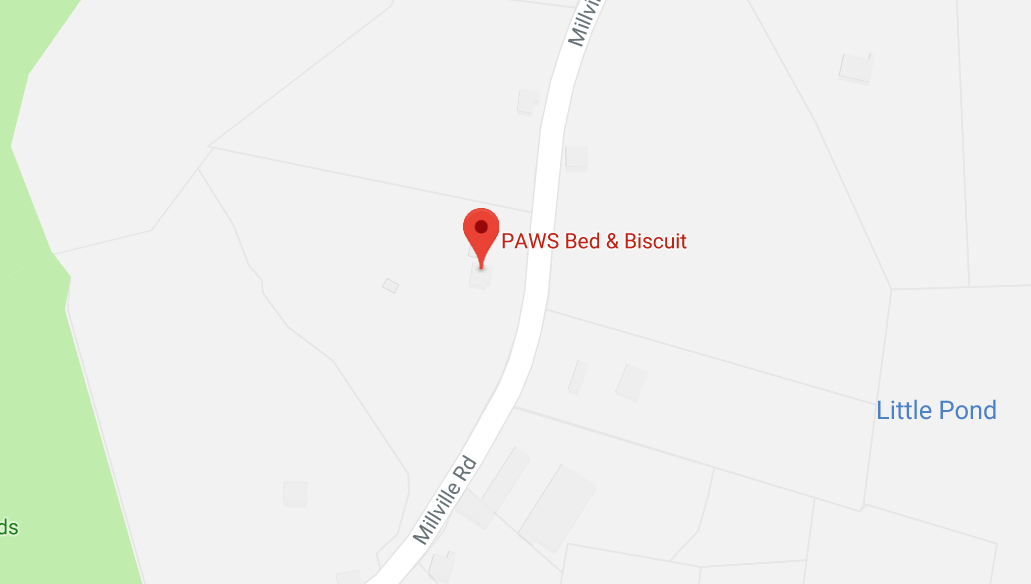Whether you’re bringing home a new puppy or are welcoming a new addition to your furry family, it’s always an exciting time. Puppies can bring so much fun and life to your home and make you feel all warm and fuzzy.
That said, they can also be a handful to take care of and raise. Aside from giving them food, water, and some TLC, you also need to give them proper training for them to thrive.
This leads us to another point—as fun as puppy training sounds, it can be equally overwhelming. There may be a lot of things you want your puppy to learn that you don’t know where or how to start.
If this sounds a lot like your situation, fret not! In the sections below, you will find practical tips that will help you win in puppy training effortlessly.
1. Be Consistent
Once you start training your puppy, remember that consistency is important. The word or hand signal you use when training your puppy basic cues like sit, stay, and come must all be the same. This allows you to communicate with them more effectively. More importantly, this makes it much easier for them to learn new commands or tricks.
2. Give Rewards Throughout the Training
Using positive reinforcement is an effective way to encourage the behavior you want. When your puppy receives a reward for doing something, he or she is most likely to do it again to keep being rewarded.
However, you should keep in mind that some puppies prefer tasty treats while others are content with their normal kibble. Additionally, some puppies may not be motivated by food at all. In this case, you will need to find other ways to let them know that you’re applauding them for a good job.
3. Train in Different Environments
During your pup’s early days, he or she might have spent the entire day cooped up at home. Once strong enough, you can take them to other places, such as the beach or a park, to expose them to new sights and smells.
It’s also a smart idea to train them in these places. This may make them uneasy at first, but this trains them to become more confident even in uncharted territories.
4. Keep it Short and Sweet
Just like kids, puppies have short attention spans. That said, it’s best to limit a training session for about five minutes. However, you can do it three times or more throughout the day. Striking a balance between training and play will help you achieve effective training without exhausting your puppy.
5. Be Patient With Your Pup
Puppies will naturally make mistakes during your first few sessions. This is completely fine. They are in the process of growing and learning, so don’t get frustrated when they tend to forget previously taught tricks or do things they know they shouldn’t do.
Avoid raising your voice or frightening your puppy. Instead, stick to your routine and continue to commend him or her for a job well done. Doing so will make them feel happy and secure—and ready to learn more!
Conclusion
You can start training your puppy as early as eight weeks of age. This may be a young age, but they should be capable enough to pick up basic cues like sit and stay. As they grow older, introduce new habits and tricks gradually, but always remember the tips we shared above. Puppies are like babies too; they bring you joy, but you need to raise them with love and patience so that they grow healthily and give you as much love and joy back!
Need a hand with your dog training in Mendon, MA? We’re the ones to call! At PAWS Bed & Biscuit, we take a caring and well-rounded approach to training and behavior modification because we love your furry kid. We offer different levels of training to fit your every need. Get in touch with us today and our staff will gladly walk you through our options!


